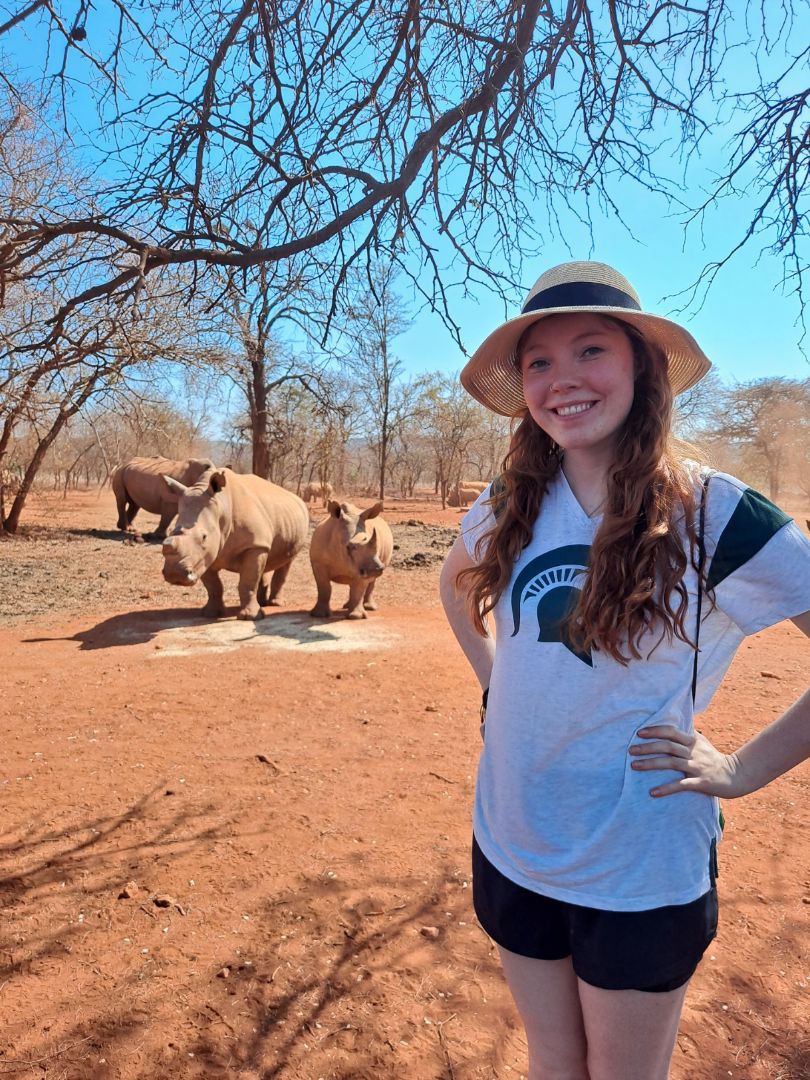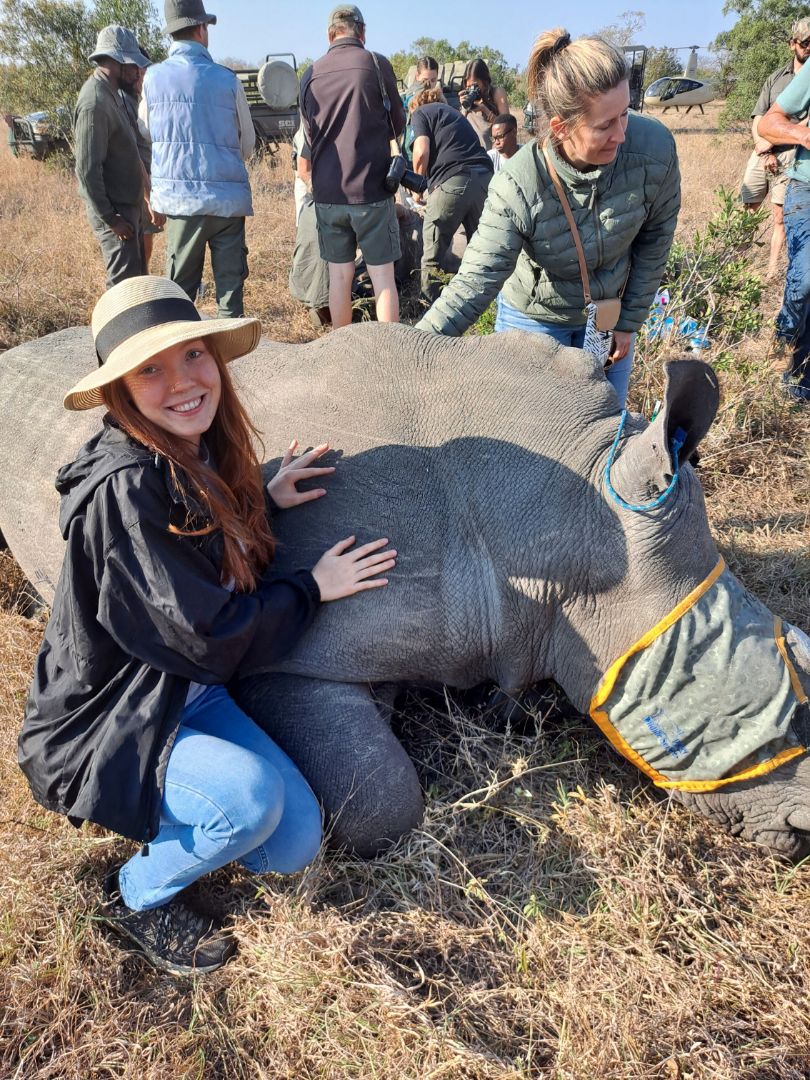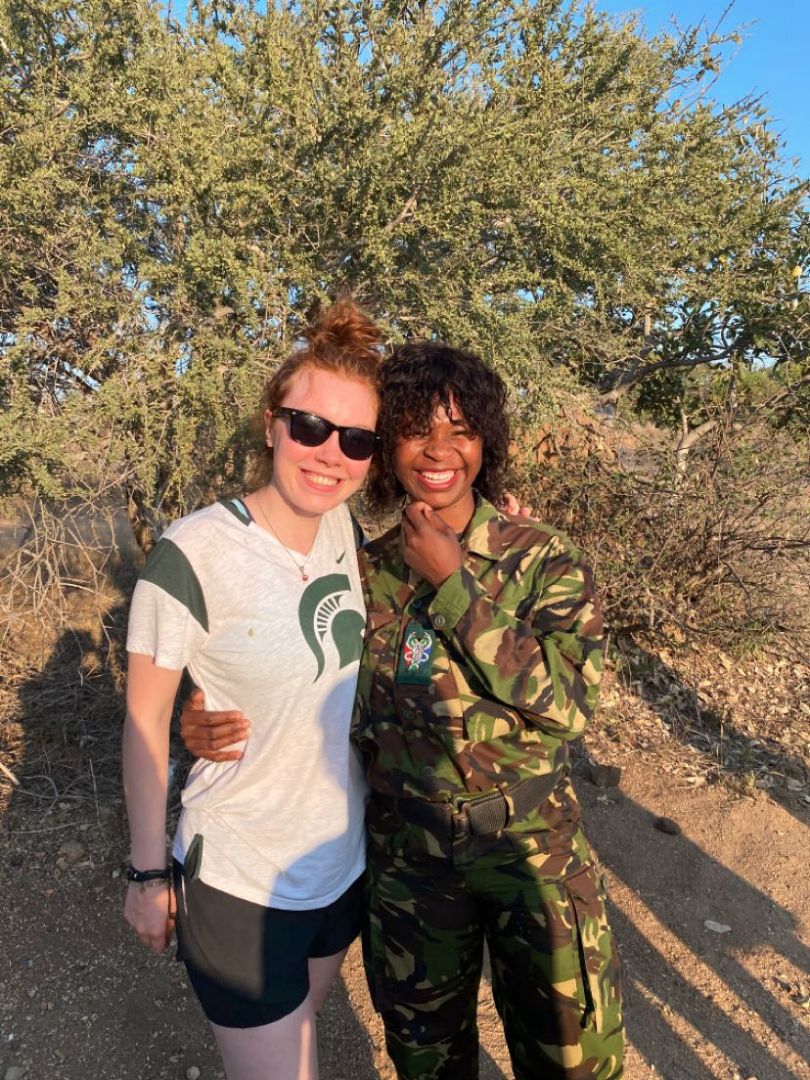
Some of my perceptions of South Africa held true, while others were challenged. This program expanded my knowledge of issues on conservation and impressed new ideas upon me.
One of the big topics we talked about on our program was the controversy over wildlife hunting. We had debated the topic in my class last spring and learned how it can bring funding for conservation, but how it came with some doubts. I wasn’t one to take a particular stance on the issue because it is so complicated, but this program has me leaning to one side now. There were three points that I learned that changed my perspective on wildlife hunting: The smaller impact it has on the ecosystem compared to tourism, the significant funding it brings compared to tourism and that it is sometimes a more humane way of putting an animal out of its misery. In an ideal world I would prefer no killing of animals at all, but in a realistic world, wildlife hunting is one of the best options at conserving the landscape and the wildlife within it.
I learned from my spring semester class on conservation policy 
I wish everyone had the opportunity to participate in this program because on the other side of the world, we are influencing and pressuring countries like South Africa on how to make decisions about their resources without understanding any of it. I think South Africa is an awesome place because it is one of the last places on Earth with the megafauna that used to roam the planet. Most people I know that are not in 
Name: Andrea Paul
Status: Senior
Major: Fisheries and Wildlife; Minor: Environmental Studies and Sustainability Studies
Hometown: Okemos, Michigan
Program: Sustaining South African Wildlife: Cash, Crime, Conflicts and Conservation